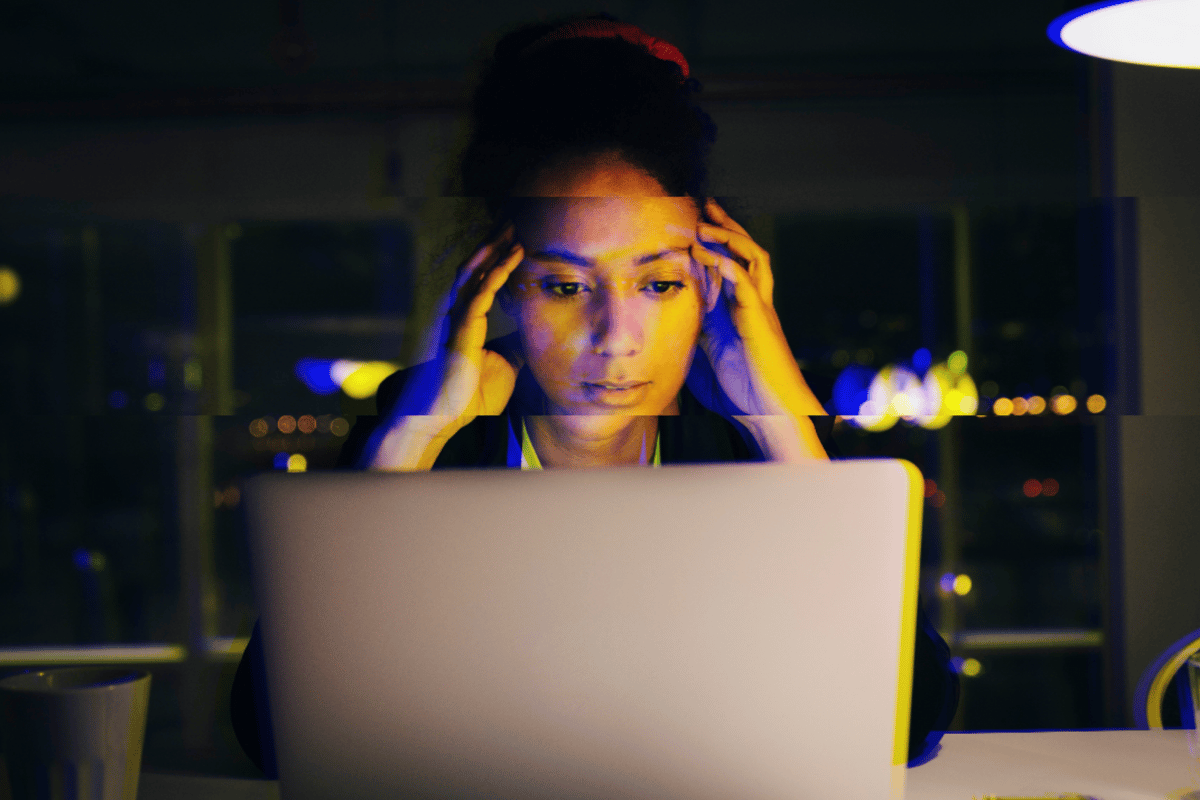
Right now we're all feeling it.
The tiredness, the stress, the lack of concentration and the shared continual feeling of 'mehh'.
For those of us who are fortunate to work from home right now, the knock-on effects from the pandemic and recent lockdowns has left some of us feeling burnt out and stressed as we try to work in the same way we did before.
"People are trying to work from home whilst also looking after children, potentially doing home schooling. So we've all of a sudden got a lot of distractions. And our minds and bodies are trying to cope with so much," registered psychologist and associate professor at the Australian College of Applied Psychology, Vikki Knott, told Mamamia.
"We're constantly on alert, we're looking at the [daily case] numbers, we're watching the border closures. And we're just sort of in this state of stress. And so that doesn't really help our mental health."
Watch: Small things you can do to combat burnout. Post continues below.
Working from home has also seen the lines between our work and personal life blur, particularly for parents who are also looking after children.
